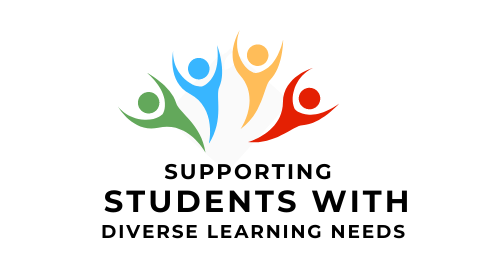Duty to Accommodate
As educators and as institutions, we want to make sure that our classrooms and colleges are accessible and welcoming places for all students. Postsecondary institutions in BC have policies in place to make sure that students from all backgrounds have equal opportunities and access to education, including students with disabilities. As the number of students with disabilities in our institutions rises, we all need to take action to make sure that barriers to participation are removed and students with disabilities have access to postsecondary programs and services, without discrimination or privilege.
The Accommodation Process
Use the left & right arrows to navigate through this interactive presentation.
Who to Contact
Disability Services is your main point of contact regarding concerns or questions around accommodating students with disabilities in general or in a particular student’s situation. They are very happy to answer questions, discuss situations, or point you to additional resources if you would like to learn more.
